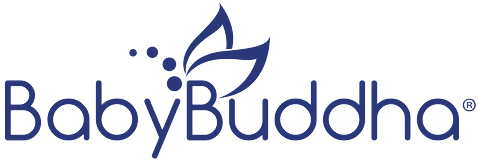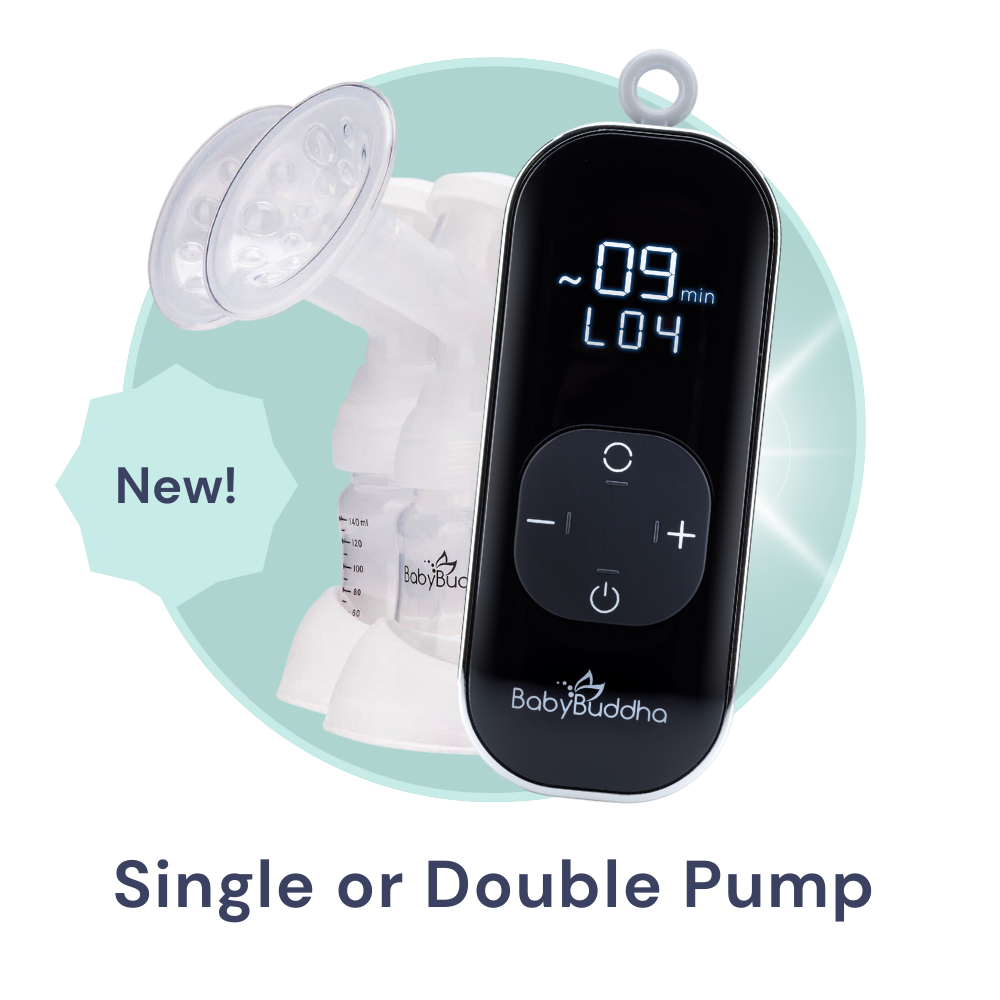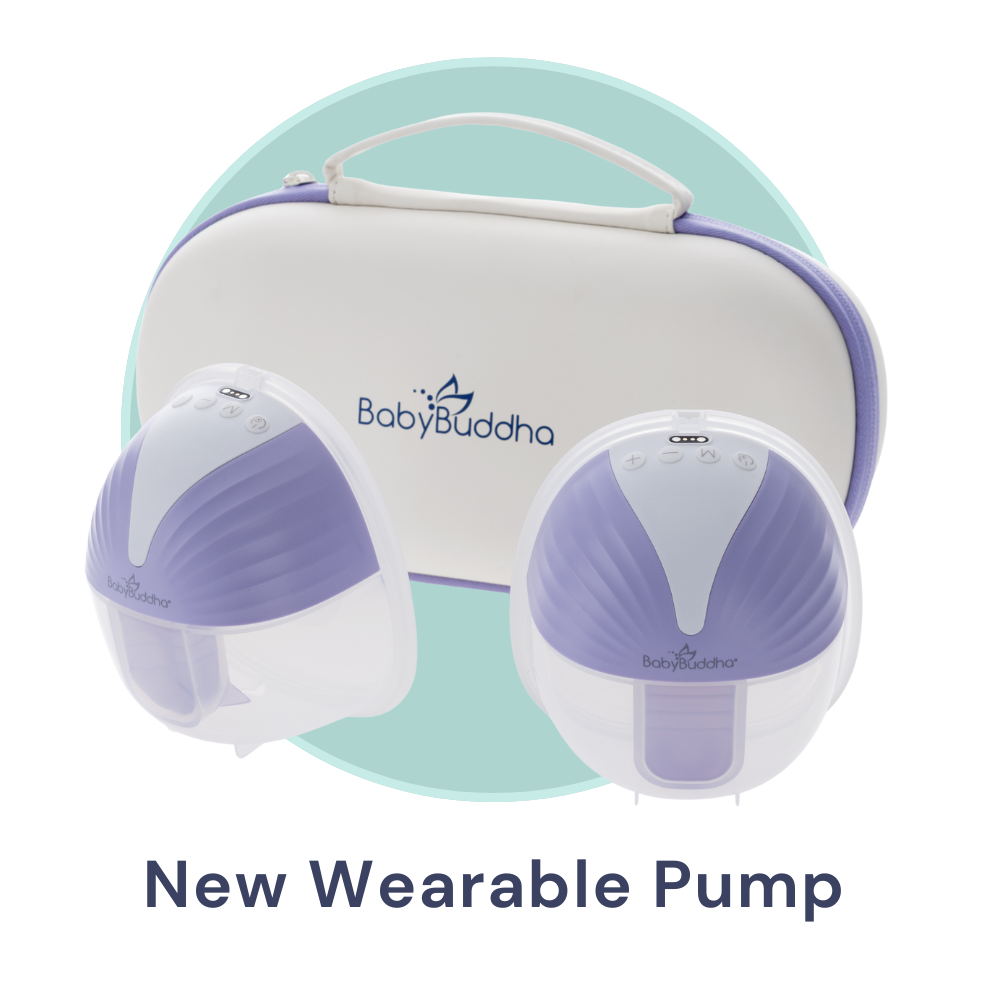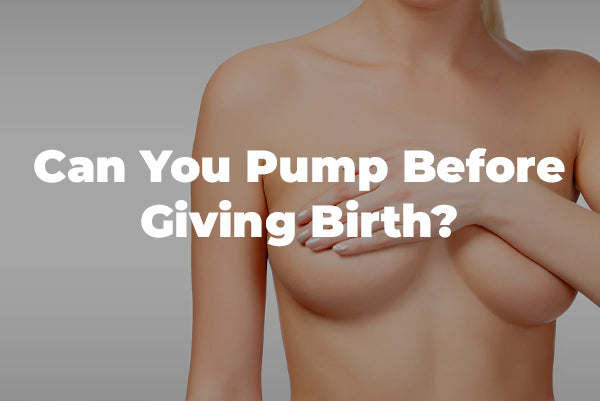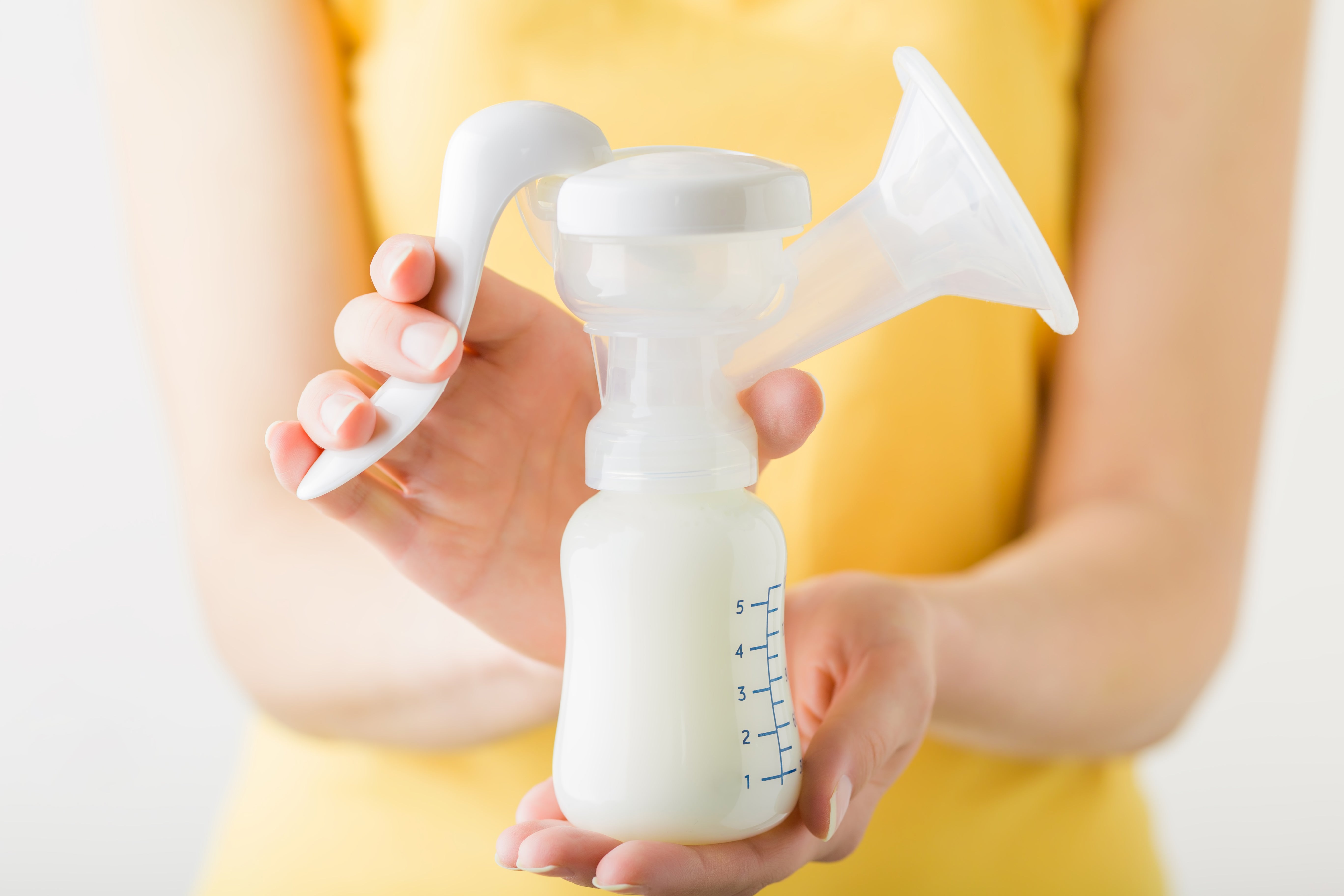Breastfeeding has a plethora of benefits. For babies, it helps build a stronger immune system and minimizes the likelihood of certain health conditions, including sudden infant death syndrome, bacterial meningitis, ear infections, and pneumonia.
Nonetheless, breastfeeding is also associated with several harms. Among others, one of the most common assumptions is that it can contribute to tooth decay. Is there a basis for such? Read on as we explore the link between the two.
So, Can Breastfeeding Cause Tooth Decay?
A common myth about breastfeeding is that it can cause tooth decay. Nonetheless, it is not a simple Yes or No answer. Several factors can come into play, such as the specific age of the baby.
In two studies published in the Asia Pacific Journal of Clinical Nutrition and Acta Paedriatica, the conclusion was that breastfeeding during infancy protects against early dental caries. This is for those who are less than 12 months, specifically for those who have a shorter duration of breastfeeding.
Meanwhile, the same two studies also note that breastfeeding children who are older than 12 months have a higher risk of dental caries. Although, current research is still limited to prove such claims. More large cohort studies are needed.
Breastmilk Contains Antibodies

Some studies suggest that breastmilk has antibodies, which are responsible for protecting against tooth decay. It can help in the reduction of Streptococcus mutans in the mouth. This is possible because of the presence of lactoferrin, which is what kills cavity-causing bacteria in the mouth.
More so, it is said that Streptococcus mutans will not use lactose—the sugar that you will find in breastmilk—in the same way that it uses sucrose, which is the dominant sugar in some formulas.
How Breastmilk Can Cause Tooth Decay
It is crucial to point out, however, that breastmilk can cause baby bottle tooth decay. This is when it is transferred to a bottle and fed to a baby at night, especially during sleep. When the bottle is left in the mouth during sleep, milk gathers in the mouth, and this is one of the most common culprits in early caries.
In contrast, during breastfeeding, there is a shorter duration at which breastmilk stays in the mouth. The child is actively sucking and will swallow the milk instead of collecting it in the mouth.
Breastfeeding Combined With Refined Sugars
Breastmilk contains sugar. However, the sugar composition is believed to be not enough to be blamed for tooth decay in children. While it has fructose, glucose, and lactose, the sugar content is minimal.
But that thing is that babies do not feed exclusively on breastmilk. Their diet—not breastfeeding alone—can be the reason for tooth decay. This is especially the case if they eat foods high in artificial sugar. Even fruits can cause tooth decay, especially if they are high in sugar and acid.
Factors That Can Contribute to Tooth Decay
Parents should not focus on breastfeeding alone if they are looking for something to blame for tooth decay. It has minimal contributions to the latter, especially during infancy. Instead, it is vital to look at other things that can have a higher impact on dental caries, including the following:
- Sugar: Frequent sugar exposure in food is one of the biggest factors that can influence tooth decay. Formula milk contains sugar. As mentioned, even breastmilk has sugar, but not to the same extent as its formula counterparts. Limiting sugar intake is therefore one of the best solutions to minimize tooth decay.
- Lack of Saliva: Dry mouth can be uncomfortable and is also one of the factors that can cause tooth decay. It can be triggered by several conditions, including auto-immune disorders, mouth breathing, and diabetes. Saliva plays an essential role in maintaining pH levels in the mouth, and when the latter is insufficient, the risk of tooth decay is higher.
- Bacteria in the Mouth: Bacteria can cause the enamel to erode, contributing to caries and making the enamel erode. Aside from cavities, dental pain and tooth loss can also be experienced
- Water Supply: Fluoride is an important component in water that can help in building stronger teeth. In the absence of such, teeth will be weaker, increasing the likelihood of tooth decay. Testing water supply regularly or adding fluoride supplements can help combat tooth decay. Dentaly recommends fluoride varnish treatment but this should be accompanied by proper brushing and good dental hygiene.
Promoting Better Breastfeeding Practices
The benefits of breastfeeding outweigh the costs. That said, before concluding this post, we’ll share some tips on how to breastfeed effectively, especially for first-time parents who are clueless about how to do so.
-
Wear a Nipple Shield
This is especially good for tongue-tied babies. A nipple shield will help improve the latch, minimizing the chances that the mouth will slip.
-
Avoid Feeding Bottles at Night
As earlier mentioned, breastmilk has a higher chance of contributing to tooth decay when it is fed through the baby’s mouth at sleep instead of direct breastfeeding. So, if possible, do not leave a feeding bottle in the child’s mouth to prevent milk from pooling in the mouth.
-
Know When To Stop
Follow the recommendations of experts when it comes to stopping breastfeeding. It is best to stop at 12 months since the risk of tooth decay increases after such. Although, the World Health Organization encourages breastfeeding until kids are two years old.
-
Breastfeed on Demand
Do not give your baby breastmilk until it is demanded. Give it as often as the child wants but not when it is not demanded. This way, it will be easier to wean when the right time comes.
In Closing
In sum, breastfeeding does not cause tooth decay if done the right way. The latter means stopping at the right time. The longer the baby is breastfed, the higher the chance of tooth decay. More so, the diet of the baby has a bigger contribution to tooth decay than breastfeeding alone, especially when eating foods high in sugars.
